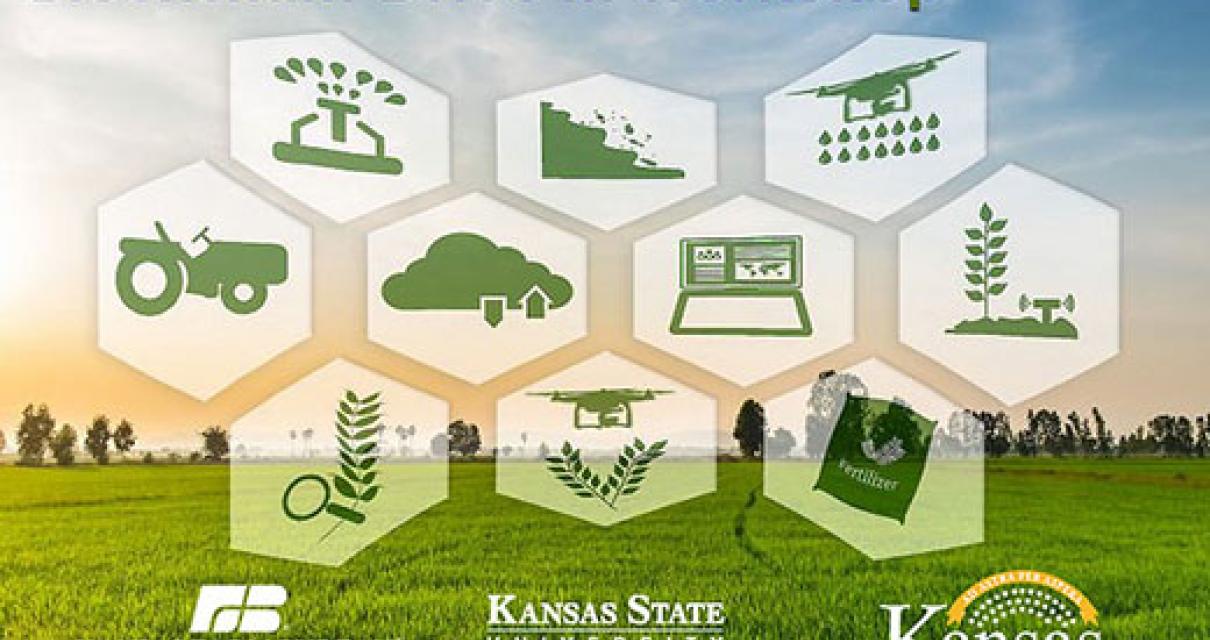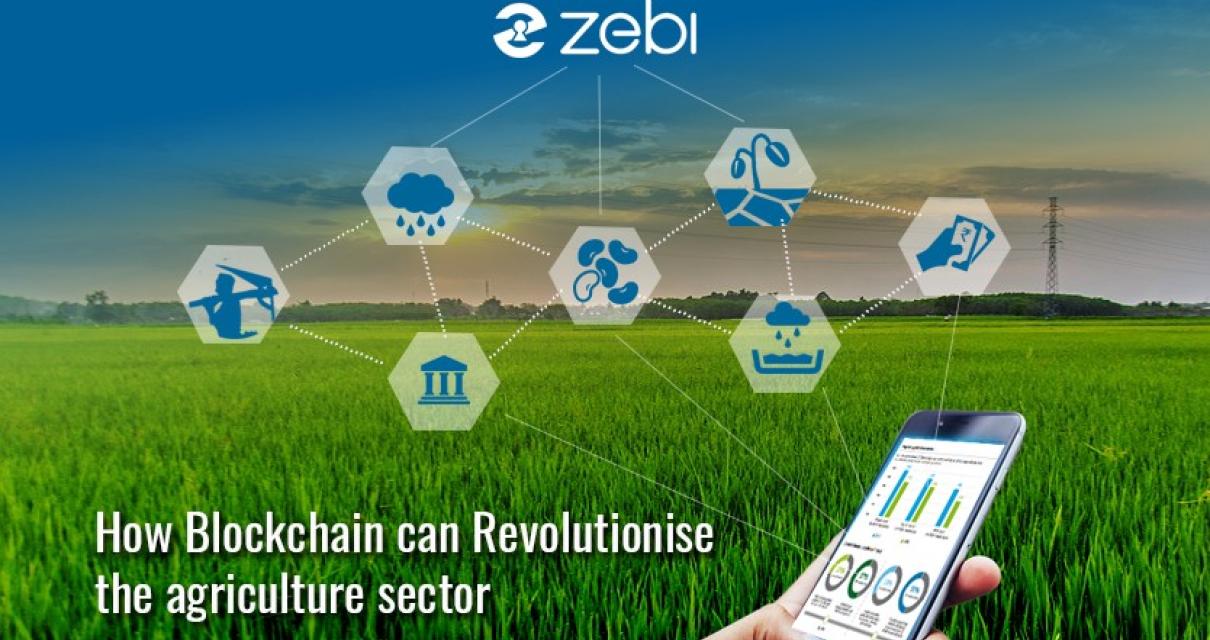How Blockchain is Disrupting the Agricultural Industry
The agricultural industry is one of the most heavily regulated and protected industries in the world. However, with the advent of blockchain technology, this may soon be changing.
Blockchain is a distributed database that allows for secure, transparent, and tamper-proof transactions. It is being used to revolutionize a number of industries, including the agricultural industry.
One of the benefits of using blockchain technology in the agricultural industry is that it can help to reduce the cost of transactions. The technology also allows for quicker and more secure transactions, as well as transparency and accountability.
This could have a major impact on the agricultural industry, as it could lead to lower prices and greater efficiency. In addition, it could help to reduce the risk of fraud and corruption.
Overall, blockchain technology is likely to have a significant impact on the agricultural industry. It could help to reduce costs and speed up transactions, which could have a major impact on the industry’s overall efficiency.
How Blockchain Technology Can Benefit the Agricultural Industry
The agricultural industry is ripe for innovation and disruption thanks to the blockchain technology. The technology can help improve transparency and security in the agricultural sector, as well as create new markets for products and services. Here are five ways blockchain technology can benefit the agricultural industry:
1. Improved Transparency and Security
Blockchain technology can improve transparency and security in the agricultural sector by creating a tamper-proof ledger of all transactions. This would help prevent fraud and corruption, as well as ensure that information is accurate and reliable.
2. Increased Efficiency and Production
Blockchain technology can help increase efficiency and production in the agricultural sector by automating transactions and tracking crops from seed to sale. This would save time and money for farmers, and help reduce environmental impact.
3. Creation of New Markets
Blockchain technology can create new markets for products and services in the agricultural sector. For example, farmers could sell their produce directly to consumers using blockchain technology, or use the technology to track and trace food items from farm to table.
4. Increased Revenue
Blockchain technology can increase revenue for the agricultural industry by creating new opportunities for investors and entrepreneurs. For example, farmers could sell their produce directly to consumers using blockchain technology, or use the technology to track and trace food items from farm to table.
5. Increased Awareness and Understanding
Blockchain technology is still relatively new, so many people are unfamiliar with it. This can limit its potential market share in the agricultural sector. However, as awareness increases, so too will the potential market for blockchain technology in the agricultural sector.
How Farmers Are Using Blockchain Technology
Farmers are using blockchain technology to secure their crops and to track the progress of their crops. They are also using it to track the movement of food products.

The Benefits of Blockchain Technology for Agriculture
There are a number of benefits that blockchain technology can bring to agriculture. First, it can help to improve food safety. Blockchain is a digital ledger that can be used to track the history of food items from farm to table. This can help to ensure that food is safe to eat and free from contaminants.
Second, blockchain technology can help to reduce the costs associated with agriculture. By using blockchain, farmers can track their crops more accurately and make more informed decisions about their farming operations. This can help to reduce the costs associated with inputs like fertilizer and pesticides, as well as the costs associated with harvesting and distribution.
Third, blockchain technology can help to reduce the costs associated with land ownership. By using blockchain, farmers can register their land titles and properties on the blockchain. This can help to reduce the risks associated with land ownership, such as fraud and corruption.
Fourth, blockchain technology can help to improve the efficiency of agricultural production. By using blockchain, farmers can track the movement of goods throughout the agricultural supply chain. This can help to ensure that goods are delivered to their destination on time and in accordance with contract specifications.
Fifth, blockchain technology can help to improve the transparency of agricultural markets. By using blockchain, farmers can access real-time information about market prices and trends. This can help to ensure that they are getting a fair price for their crops, and that they are not being taken advantage of by middlemen.
Sixth, blockchain technology can help to reduce the costs associated with long-term storage of food items. By using blockchain, farmers can track the history of food items from farm to table. This can help to ensure that food is stored correctly and free from spoilage.
Finally, blockchain technology can help to improve the coordination of agricultural production across multiple farms. By using blockchain, farmers can share data and resources across a network of farms. This can help to ensure that crops are harvested at the right time and in the right place, and that resources are properly utilized across the agricultural sector.
How Blockchain Is Helping To Secure The Food Supply Chain
The food supply chain is one of the most important parts of our society, and it is essential that it is secure. Blockchain can help to secure the food supply chain by creating a tamper-proof record of all transactions. This record can be used to verify the authenticity of the food products that are being shipped from farm to fork.
Blockchain also allows for the tracking of food commodities. This information can be used to ensure that the food that is being produced is being used in a responsible way. It can also help to prevent fraud and theft from happening at any stage of the food supply chain.

The Potential Of Blockchain In Agriculture
The potential of blockchain in agriculture is vast. It could help to streamline the process of trading goods and services, verify the authenticity of products, and reduce the cost of transactions. Additionally, it could help to ensure food safety and protect against fraud.
How Blockchain Could Revolutionize Agriculture
There is no question that blockchain technology has the potential to revolutionize the agricultural industry. Here are four reasons why:
1. Blockchain can improve transparency and traceability of food products.
2. Blockchain can reduce the cost of agricultural production.
3. Blockchain could help to eliminate fraud and corruption in the agricultural sector.
4. Blockchain could help to create a more sustainable agricultural sector.
What Blockchain Means For The Future Of Farming
There is no doubt that blockchain technology is having a major impact on the future of farming. This is because blockchain is a distributed database system that allows for secure, transparent and tamper-proof transactions.
This means that blockchain can be used to improve the transparency of data storage and management, as well as the security of transactions. In addition, blockchain can also be used to make the process of farming more efficient and cost-effective.
Overall, blockchain technology is likely to have a major impact on the future of farming. This is because it can help to improve the efficiency and transparency of data storage and management, as well as the security of transactions.